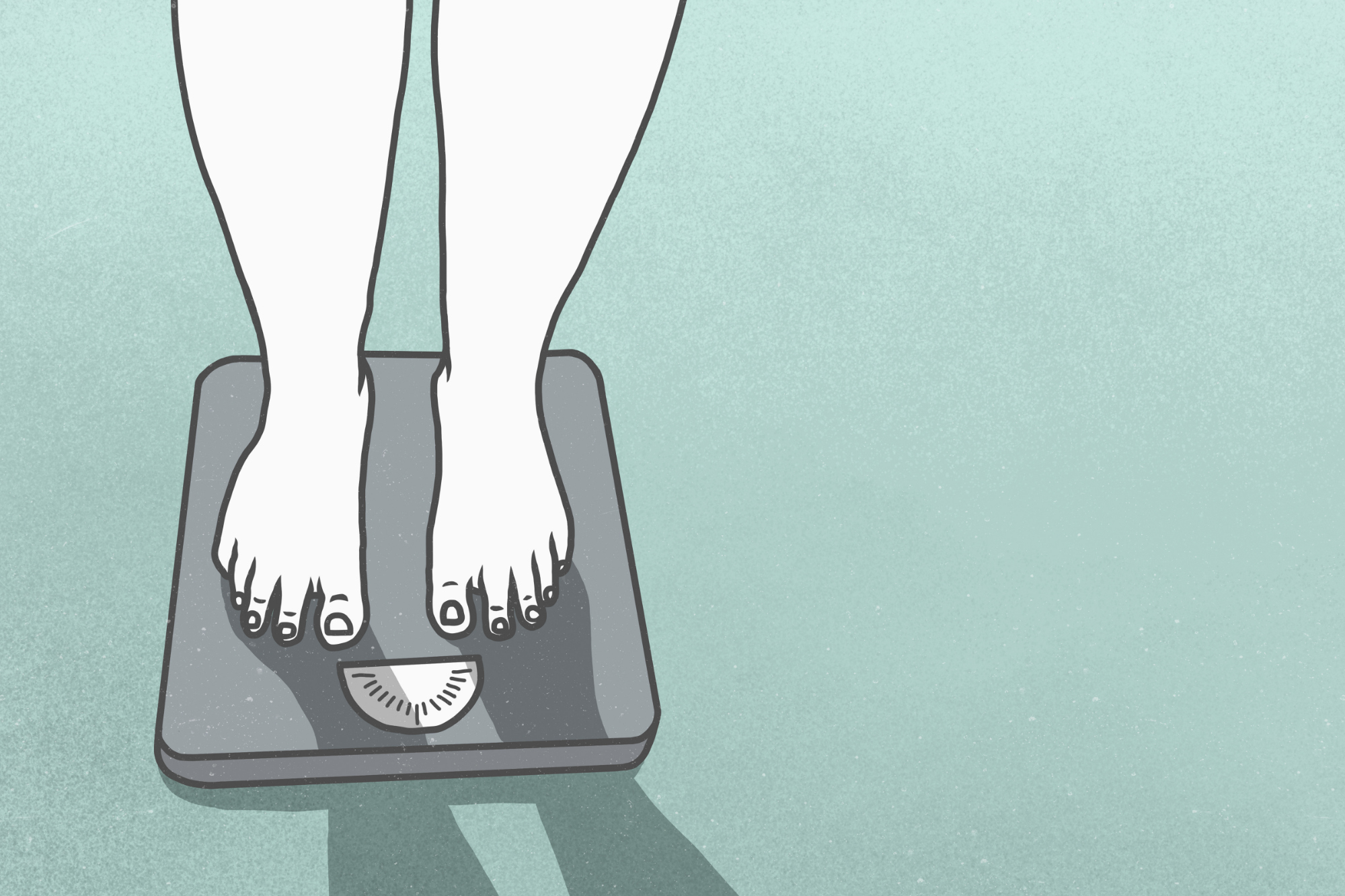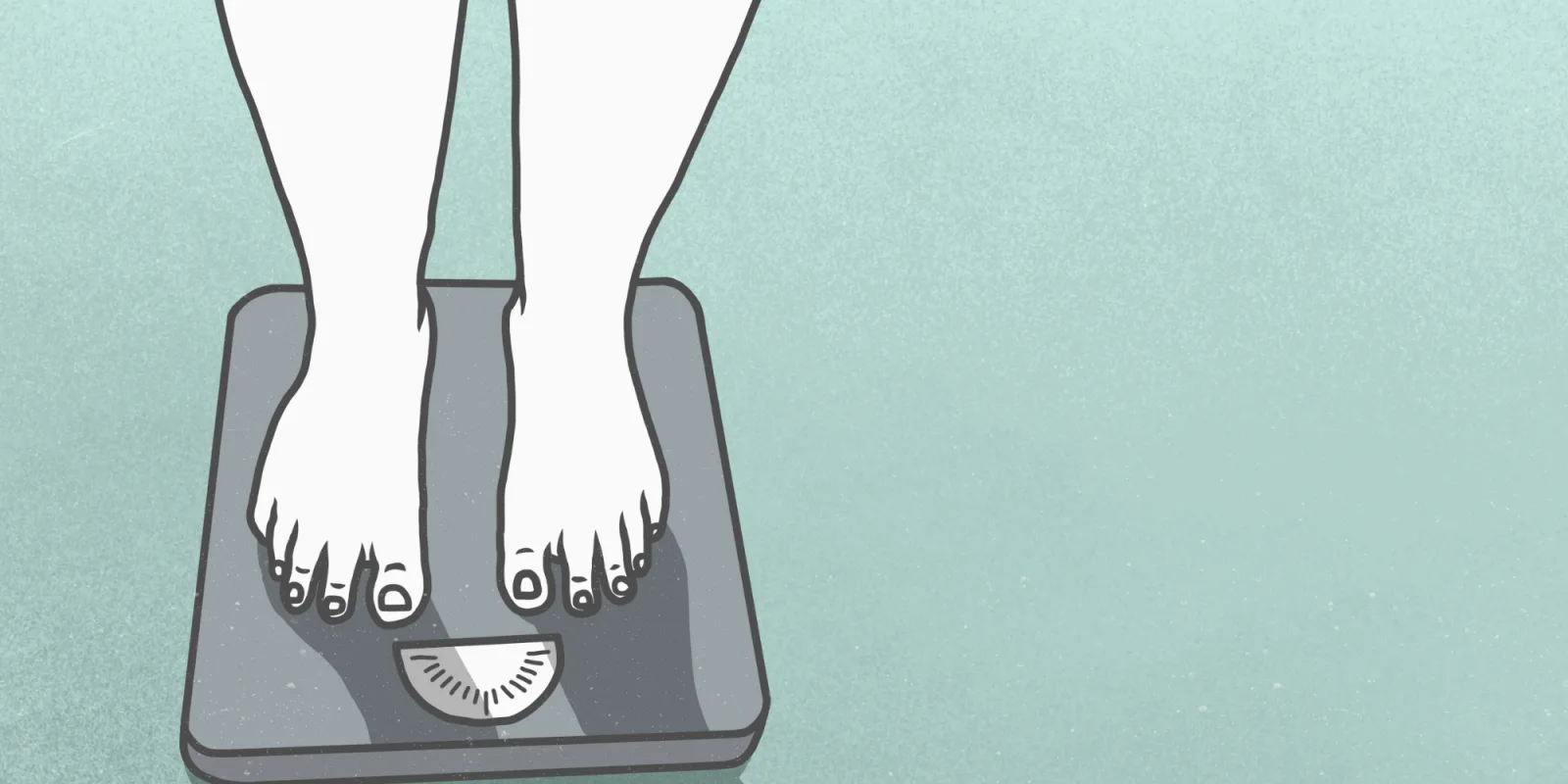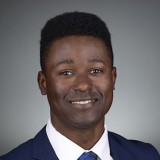
America has a weight problem. According to the CDC, in 2017, 35.2% of Americans were overweight, and 30.1% were obese. Surprisingly, this epidemic has been able to infiltrate places where most would think it wouldn’t reach.
Hospitals and clinics are places where one is almost certain to find a sizeable proportion of overweight and obese individuals, not just in the beds, but in the halls as well. The epidemic can be seen amongst the clinical staff including nurses, doctors, medical students, and pharmacists. As reported in a 2007 Physicians Health Study, 40% of the 19,000 doctors were overweight and 23% were obese. One could project that a more recent estimate would be higher. In the pursuit of rigorous medical training and care for their patients, medical students, residents, and physicians neglect their personal health and succumb to this epidemic.
As an MS3, I have heard fellow medical students and residents note weight gain since beginning their training. I have met quite a lot of overweight (BMI > 24.9) and a few obese (BMI > 29.9) physicians. I have also seen medical students and residents who exercise and eat healthy diets maintain a healthy weight or even lose weight over the past three years. It is easy to understand why medical professionals would fall behind on prioritizing nutrition and exercise given the rigor and stress associated with the medical field.
Multiple factors contribute to being overweight or obese. These factors have a common final pathway which is a disproportion between caloric intake and energy expenditure. Once the balance is tipped towards caloric intake or energy expenditure, one gains or loses weight. It appears that the lack of physical exercise and over-consumption of processed foods are the leading contributors to being overweight or obese in the medical field. As Dr. Barnett at the Boston University Medical Center explains in her article "Physician Obesity: The Tipping Point," the rigors of medical school and residency training provide little incentive to exercise and make basic healthy meals in a sleep-deprived environment, and these habits fail to regress at the end of training.
The medical field is a rigorous workplace where health care professionals frequently put their obligations to patients ahead of their own. How many times do we delay or miss personal events like lunch, dinner, holidays, weddings, personal health, and even going to the bathroom to take care of patients? Quite often, we find ourselves working when we are supposed to be off. Some medical specialties have it worse than others.
I was lucky. During my preclinical years, I made my schedule. I could watch our live-streamed lectures in the comfort of my pajamas. I had my daily routine broken down to hours and minutes. If you observed me for some time, you would eventually know that at 3:15 a.m., I started my coffee maker; at 6:00 a.m., I was eating my breakfast; and at 6:30 p.m., I was at a gym. Then came the third year, my first clinical year. I was handed a schedule that essentially read “be there at this time.” With this change that required more time in clinics and hospitals, I had less time outside of medicine to focus on myself. I used to be able to go on for up to three weeks without consuming any processed or fast food, but as I started my clinical year, I found myself unable to maintain the same lifestyle, especially on rotations such as ob/gyn, surgery, and internal medicine. Donuts, cookies, candy, fat-laden foods, "nutrition" bars, sugar & cream-filled coffee (yes, liquid calories count) are all high-calorie foods that easily contribute to weight gain. Surprisingly, these palatable ultra-processed foods are as common in hospitals as patients. The stress of the workplace and the easy access to these foods in hospitals make their consumption extremely routine. In a recent NIH randomized clinical trial where participants either consumed an ultra-processed diet or an unprocessed diet, Hall et al. found that participants on the ultra-processed diet easily averaged a surplus of 508 Cals daily, which would amount to one pound weight gain/week. The same participants lost weight when they reverted back to unprocessed foods.
So far, I have been able to maintain low body fat throughout my three years of medical school thanks to time management and dedication to personal health. I thought every medical professional would be able to focus on personal health with a closer look at their schedule and more dedication to personal health. However, during my clinical rotations, I realized that as a third-year medical student, I have negligible responsibilities compared to residents and physicians. I began to understand how incredibly difficult it would be to focus on personal health as a resident or physician. I pictured myself as a resident or physician with a significant other (and children) trying to break down my day to hours and minutes to find time for personal health but unable to do so without impacting some other aspect of life that is already on thin ice. It would be a challenge to maintain my physique in residency, but I will do my best to stay at a healthy weight because I value leading by example. In a study about physicians’ personal health and beliefs in relation to their practices, it was shown that patients are less trustful in the counseling they receive from overweight or obese physicians. Furthermore, physicians with unhealthy personal habits are less likely to proactively address obesity and counsel patients on healthy habits.
I wish I had the answer to address personal health in medicine but I do not. Being “health-conscious” and careful about time management are certainly part of the answer, but not the complete answer when we take into account different specialties and personal factors. Regardless, I do know that we should attempt to focus on personal health because it impacts patient care. Health care should not be a pathway to being overweight or obese, or any other unhealthy habits. On the contrary, it should motivate us to be leaders in health to set positive examples for our patients.
Monzolesso J. Bagah-Kognagba is currently a third-year medical student at the University of Louisville School of Medicine. Upon graduation in May 2020, he plans to pursue his residency in Internal Medicine with a final goal of becoming a cardiac electrophysiologist.







